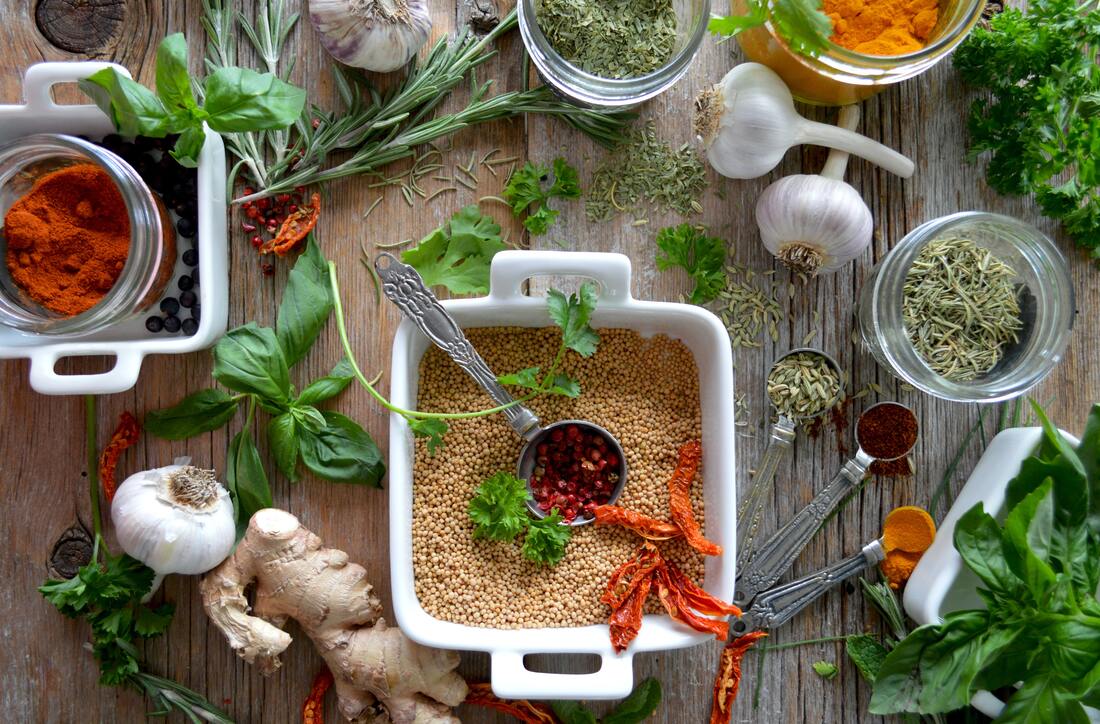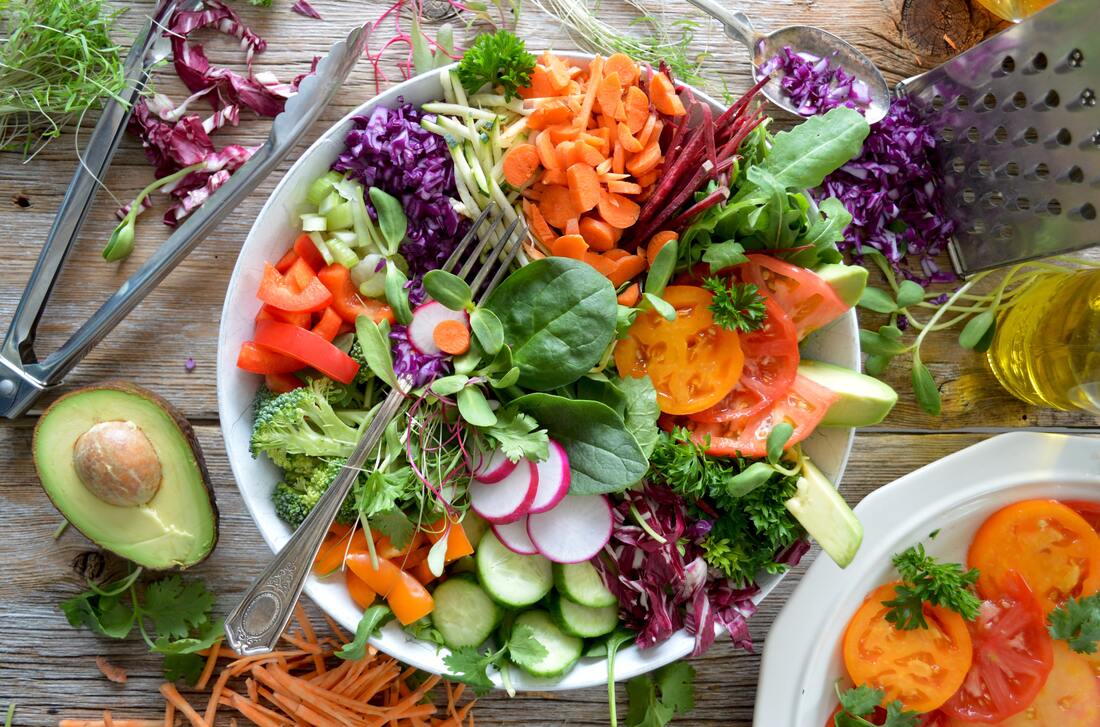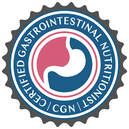|
If you have been following me lately, I have been using the words prebiotics and polyphenols a lot in relation to gut health. Prebiotics are non-digestible carbohydrates and polyphenols found in plant foods that can positively influence the growth of good gut bacteria (such as Bifidobacterium, Lactobacillus, as well as others), thereby reducing the growth of pathogenic or opportunistic bacteria and ultimately improve health. When bacteria consume these prebiotics, they themselves produce short chain fatty acids and other metabolites that influence metabolic pathways. Why is this important?? It is important because this means that your gut bacteria directly influence your health and susceptibility to chronic disease and that your diet and lifestyle directly reflects what bacteria call your gut home. Since many people have heard the term prebiotics in relation to certain fibers, I want to talk about polyphenols today. Polyphenols are part of a large family of plant compounds collectively called phytochemicals or phytonutrients. In the plant kingdom, polyphenols act as a defense mechanism to increase the survival of the plant. In humans, research has found that phytonutrients offer both preventive and therapeutic benefits to combat chronic disease. Interestingly only 5-10% of consumed polyphenols are absorbed in the small intestine. The remainder reach the large intestine where they are consumed by bacteria which generate bioactive compounds with the ability to both influence bacterial residency (promoting good and reducing bad bacteria) in the gut and human health. Polyphenol rich foods include tea, coffee, cacao, dark chocolate, fruits, vegetables, whole grains, nuts and seeds, beans/legumes, and red wine. However, the foods with the highest concentration of polyphenol content by weight are herbs and spices! If you are just a salt and pepper kind of gal, then consider adding more FLAVOR to your meals. Here is a list of the top polyphenol rich plant foods (based on mg per 100g). Cloves, peppermint, star anise, cacao/dark chocolate, oregano, flaxseed, and elderberry are in the top ten. Each category below is ranked from highest to lowest polyphenol content. Although many of you may see your favorite beverages on this list, I encourage you to aim for a wide assortment. Each polyphenol has its own unique ability to benefit your gut microbiome. Therefore, the more variety the merrier! And just because you do not see your favorite plant food on the list (like kale for example), doesn't mean it is not wonderful in other ways.
So, let’s look at some research in regards to polyphenols and bacteria! A recent study investigated which of the following seven culinary spices best support the growth of either Bifidobacterium or Lactobacillus. The spices studied include black pepper, cayenne pepper, cinnamon, ginger, oregano, rosemary, and turmeric. Researchers found that all spices except turmeric enhanced the growth of Bifidobacterium and Lactobacillus species. While all spices suppressed the growth of pathogenic bacteria. Inspired to add more spice to you cooking?? Then make your own herb garden, exciting spice blends, or buy fresh herbs and spices locally. Personally, I love making Madras Curry, Ras el Hanout, and Dukkah! Another research study looking at green tea polyphenols found that daily consumption of green tea altered oral and gut microbiota favorably. After consuming 400ml (~ 2 cups) of green tea per day for two weeks researchers found that the participants had reduced levels of lipopolysaccharide (very inflammatory endotoxin) producing Bacteroidetes, and increased levels of bacteria producing short chain fatty acids in their stools. Green tea consumption was also associated with a reduction of pathogenic oral bacteria fusobacterium. Are you ready to drink more green tea?? Cold brew green tea (recipe to come soon!) contains the highest concentration of polyphenols and the lowest amount of caffeine. This is absolutely a win-win! However, traditionally brewed green tea is also a great choice if you are not sensitive to caffeine. And if enjoying flavorful meals and sipping cold brew green tea aren’t enough reasons for you to jump on the polyphenol train, cacao (this includes dark chocolate >/=75% cacao) ), also improves the microbiome favorably. Studies have found that dark chocolate consumption in humans encourages the growth of both Lactobacillus and Bifidobacterium, but ultimately tends to favor Lactobacillus growth more. Here is a delicious recipe for double chocolate brownie bites (made without sugar) that hit the spot oh so good! Do you have SIBO or IBS? Then you may want to tread carefully. Some polyphenol rich foods are better tolerated than others due to their unique fiber and carbohydrate content. Herbs and spices (except garlic and onion powders), cacao, green tea, some berries, as well as extra virgin olive oil are generally well tolerated. Work with a skilled SIBO dietitian to guide you based on your unique tolerance. Eat the rainbow and reap the benefits!
Are you incorporating a wide variety of these polyphenol rich foods into your diet daily?? Eat Happy, Selva
1 Comment
Leslie Shankman
12/30/2020 01:08:57 pm
Thank you so much for your clear explanation. This level of understanding is very helpful towards creating balance. There are a lot of subtle levels to balance, and this kind of info is so important for creating a new and higher level of informed and real health.
Reply
Leave a Reply. |
AuthorLike to read? Then get your evidence based nutrition information here! All posts written by Selva Wohlgemuth, MS, RDN Functional Nutritionist & Clinical Dietitian Archives
August 2023
Categories
All
|


 RSS Feed
RSS Feed


